“What the F?”: How we failed to publish a journal special issue on failures
(This article explains why we have had to withdraw from publishing the IJERPH Special Issue on “Learning from Failure in Environmental and Public Health Research”)
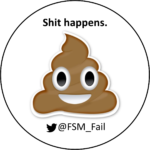
This article is written by the WASH Failures Team. Follow them on Twitter: @FSM_Fail
For the last couple of years, we have been advocating for everyone, including journals, to publish more information on ‘failures’ in water, sanitation and hygiene – where things have gone wrong in projects, or where hypotheses have been proven wrong and returned null results.
Late last year, team member Dani was approached by MDPI to join one of the Boards of International Journal of Environmental Research and Health. In January it was suggested that she begin as a Guest Editor before joining one of the Boards:
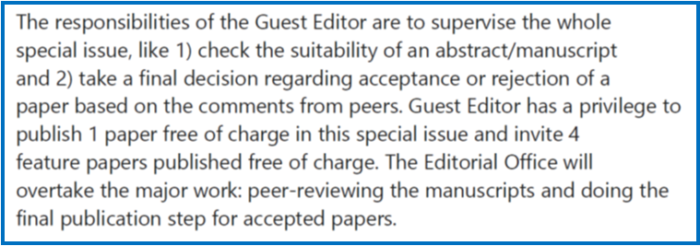
(Screenshot of email sent by IJERPH to Dani Barrington dated 10th January 2020)
We felt this was a great opportunity to propose an issue titled “Learning from Failure in Environmental and Public Health Research”. We were particularly excited that if the Special Issue was accepted, we would be able to fund five open access articles on failures – ideally from academics who don’t normally have access to the (exorbitant) fees required to publish open access.
In March we heard that our proposal had been accepted, and the website launched! Unfortunately, the Academic Editors had not approved team members Becky and Esther as co-editors – we were unimpressed with the lack of foresight to recognise the value of practical experience, even if they had shorter publishing records than Dani. However, we decided to go ahead with just Dani as Guest Editor, as in the grand scheme of things this was a step forward in getting failures into the limelight, and we still intended to work as a team, whatever the inside cover of the Special Issue said!
So, we began advertising the Special Issue – you may even have seen this image on Twitter:
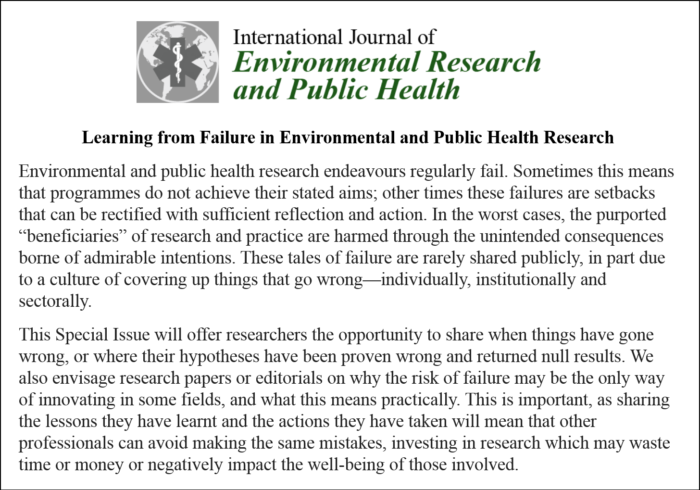
But something didn’t seem quite right as we tried to work out the details of these five ‘free’ papers we had been promised. The below email conversation ensued:

(Screenshot of email sent by Dani Barrington (after discussion with Esther Shaylor and Becky Sindall) to IJERPH dated 6th March 2020)
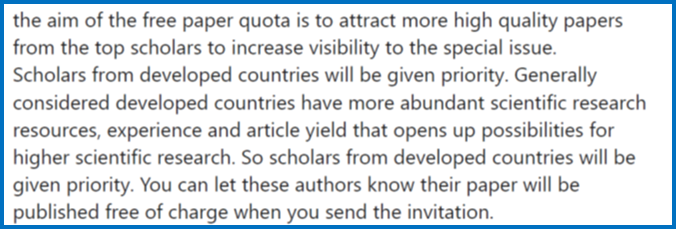
(Screenshot of email sent by IJERPH to Dani Barrington dated 9th March 2020)
Our backs went up immediately – ANOTHER way of privileging researchers from high income countries over those in low/middle income countries? No way could this be happening in 2020. We tried appealing to their better nature, suggesting they make an exception in the case of this Special Issue, at least.

(Screenshot of email sent by Dani Barrington (after discussion with Esther Shaylor and Becky Sindall) to IJERPH dated 15th April 2020)
We failed.
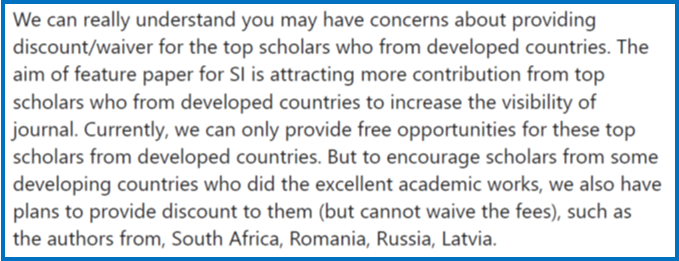
(Screenshot of email sent by IJERPH to Dani Barrington dated 23rd April 2020)

(Screenshot of email sent by Dani Barrington (after discussion with Esther Shaylor and Becky Sindall) to IJERPH dated 24th April 2020)
As we’re sure you understand from the email discussions above, we cannot ethically undertake this Special Issue under these conditions: it goes against everything The Nakuru Accord stands for. We failed to understand the process of allocating open access funding before we proposed and announced a Special Issue. We hold ourselves fully accountable for this.
We realise that there were people who had been planning to submit to this Special Issue, and we’re really sorry that we have had to withdraw our involvement in its current format. However, we are still SUPER KEEN to publish a special issue on failures if we can find a journal that will work with us ethically with the aim of getting rigorous, peer-reviewed failure papers out into the world, rather than as a marketing exercise to improve their brand recognition.
Yours accountably,
The WASH Failures Team:

Dr Dani Barrington, Lecturer in the School of Population and Global Health, The University of Western Australia and Visiting Lecturer in Water, Sanitation and Health, University of Leeds. Follow Dani on Twitter: @Dani_Barrington
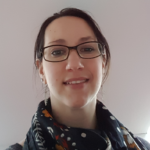
Esther Shaylor, Innovation Specalist - WASH and Education, UNICEF Supply Division. Follow Esther on Twitter: @elshaylor

Dr Rebecca Sindall, Operations Manager, Pollution Research Group, University of KwaZulu-Natal. Follow Becky on Twitter: @BexSindall
*In the interest of transparency, the full email exchange is available here.
